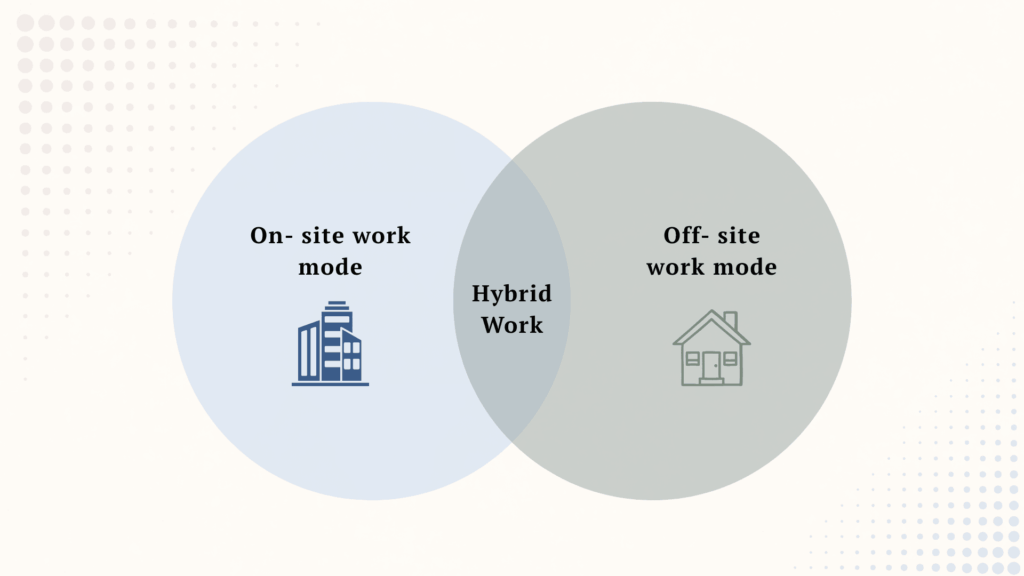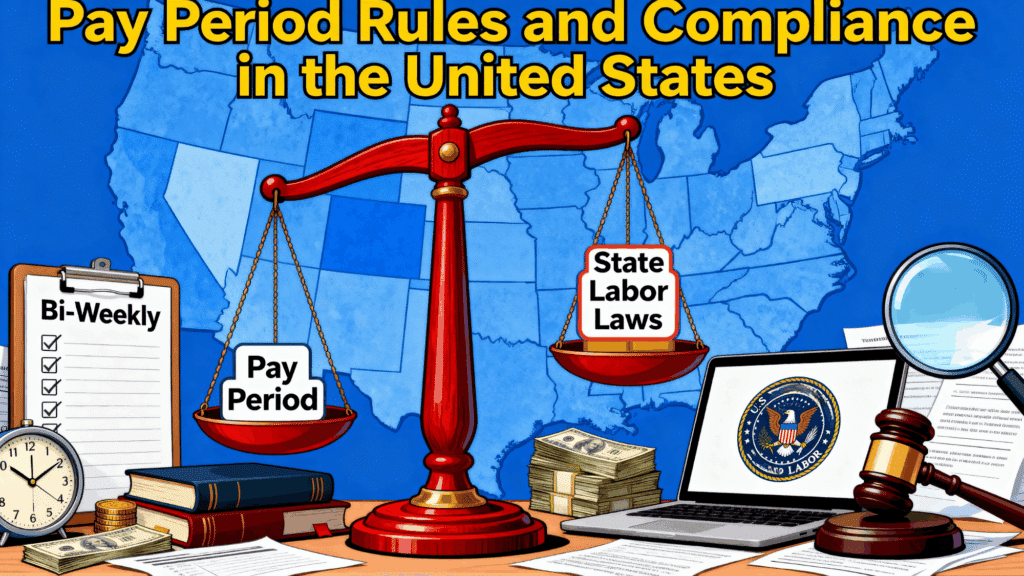Picture this: Samaira, a practicing Muslim, is passed over for a promotion. Her manager never explains why, and she’s even asked to “tone down” her religious attire.
Well, religious discrimination in the workplace affects thousands of employees across America each year.
For employees seeking protection or employers striving for fairness, understanding these laws is essential.
Federal and state safeguards exist to shield workers from unfair treatment based on their beliefs.
Let’s look at what these protections mean for you and how they work.
What Is Religious Discrimination in the Workplace?
Religious discrimination happens when someone treats you unfavorably because of your religious beliefs, practices, or lack thereof. It’s that simple – and that serious.
Discrimination can occur at any stage, from the job application process through to termination.
Even harassment from coworkers, supervisors, or customers based on religion crosses the line.
Your beliefs don’t have to be mainstream or part of an organized religion.
What counts as protected:
- Traditional religions like Christianity, Judaism, Islam, Hinduism, and Buddhism
- Sincerely held moral or ethical beliefs about right and wrong
- Lack of religious beliefs – yes, atheists are protected too
- Religious practices, including dress, grooming, and observances
Legal Protections Against Religious Discrimination
The law has your back. Multiple layers of legal protection work together to keep workplaces fair for everyone.
1. Federal Protections Under Title VII
Title VII of the Civil Rights Act of 1964 serves as the primary protection against religious discrimination.
It applies to employers with 15 or more employees, including private companies, state and local governments, employment agencies, labor unions, and federal agencies.
The Equal Employment Opportunity Commission (EEOC) enforces these protections.
They investigate complaints, file lawsuits when necessary, and recover millions of dollars in damages for victims each year.
2. State-Level Laws and Additional Safeguards
Many states go beyond federal minimums with stronger protections.
Some states extend protections by covering employers with as few as four employees, allowing longer deadlines for complaints, offering additional remedies and damages, and adopting broader definitions of religious practices.
Check your state’s Equal Employment Opportunity Commission for specific local protections.
These laws work alongside federal protections – you get the benefit of whichever law is stronger.
Employer Responsibilities in Preventing Religious Discrimination

Employers cannot simply avoid discriminating; they have active duties to accommodate religious practices and create inclusive workplaces.
Reasonable accommodations are modifications to work rules or policies that enable employees to practice their religion without undue hardship.
Common accommodations include:
- Flexible scheduling for religious observances, prayer times, or the Sabbath
- Voluntary shift swaps between willing coworkers
- Dress code exceptions for religious garments (hijabs, yarmulkes, turbans)
- Grooming policy changes for religious practices (beards, uncut hair)
- Job reassignments when current duties conflict with beliefs
- Break time and space for prayer or religious observance
Undue Hardship:
Thanks to a recent Supreme Court decision in Groff v. DeJoy(2023), the bar for proving undue hardship is higher than before.
What counts as undue hardship, you may ask?
The Supreme Court clarified that employers must show “substantial burden” in the context of their business.
Simply saying something costs money isn’t enough anymore.
Courts also consider factors such as the company’s size and resources, the impact on other employees, safety concerns, customer relations, and overall business operations.
How to Recognize Religious Discrimination?
Discrimination can appear in different ways, from subtle exclusion to outright hostility. Some common warning signs include:
- Different treatment after revealing your religious beliefs
- Offensive comments about your religion or religious practices
- Denial of reasonable accommodation requests without valid business reasons
- Being excluded from work events or opportunities due to your faith
- Disciplinary action tied to your religious practices
- A hostile work environment created by religious harassment
Keep this in mind: Discrimination can be subtle. Sometimes it appears in patterns over time rather than in obvious, single events.
Reporting and Filing a Complaint
If you experience unfair treatment, the first step is often to address the issue within your organization.
Taking action internally not only creates a record but also gives your employer the chance to correct the problem.
Consider these steps:
- Document everything, including dates, witnesses, and specific incidents
- Address concerns directly with the person involved if you feel safe doing so
- Report the issue to HR or management following company procedures
- Keep detailed records of all communications and responses
The EEOC complaint process requires attention to timing. You must file within 180 days of the discrimination, although some states allow up to 300 days.
Filing an EEOC charge costs nothing, and employers can’t punish you for filing complaints thanks to retaliation protection. The EEOC investigates and may file lawsuits on your behalf.
Legal remedies can include back pay and benefits, front pay for future losses, job reinstatement or promotion, policy changes, training for supervisors, compensatory and punitive damages.
Best Practices for Building an Inclusive Workplace
Building an inclusive workplace requires intentional action. These strategies can help organizations support religious diversity while reducing conflict and risk-
- Comprehensive policies covering religious accommodation and anti-discrimination
- Regular training for managers and employees on religious diversity
- Clear accommodation procedures with quick response times
- Neutral scheduling that doesn’t favor one religious tradition
- Inclusive holiday policies recognizing diverse religious observances
- Zero-tolerance harassment policies with consistent enforcement
Training should address legal requirements, company policies, common religious practices, handling accommodation requests, preventing harassment, and balancing employee needs.
Embracing religious diversity fosters creativity, deeper customer insights, higher engagement, improved retention, and reduced legal risks.
Forward-thinking companies treat accommodation as an investment. When employees feel respected, they perform better and are more likely to remain loyal.
Conclusion
Religious discrimination in the workplace is both illegal and harmful. Strong protections exist, from Title VII’s federal safeguards to state-level laws.
Whether you’re facing mistreatment or working to prevent it, the law offers real remedies.
Employees have the right to practice their faith without fear, and employers must create and maintain fair and inclusive environments.
Everyone benefits when fairness and respect guide the workplace. Don’t let discrimination go unchallenged.
Share your thoughts or experiences in the comments below and join the conversation on creating fair and inclusive workplaces.
Frequently Asked Questions
Are Volunteers or Interns Protected from Religious Discrimination?
Federal protections, such as Title VII, generally cover employees; however, many organizations extend similar policies to interns and volunteers to ensure fairness.
What Should I Do if My Request for Accommodation Is Ignored, Not Denied?
Silence or delay can still constitute a violation of the law. Employees should follow up in writing and, if necessary, escalate the issue to HR or the EEOC.
What if Religious Expression Offends Coworkers?
Employers must balance free expression with maintaining a respectful environment. Discipline is only allowed if conduct crosses into harassment or disruption.










